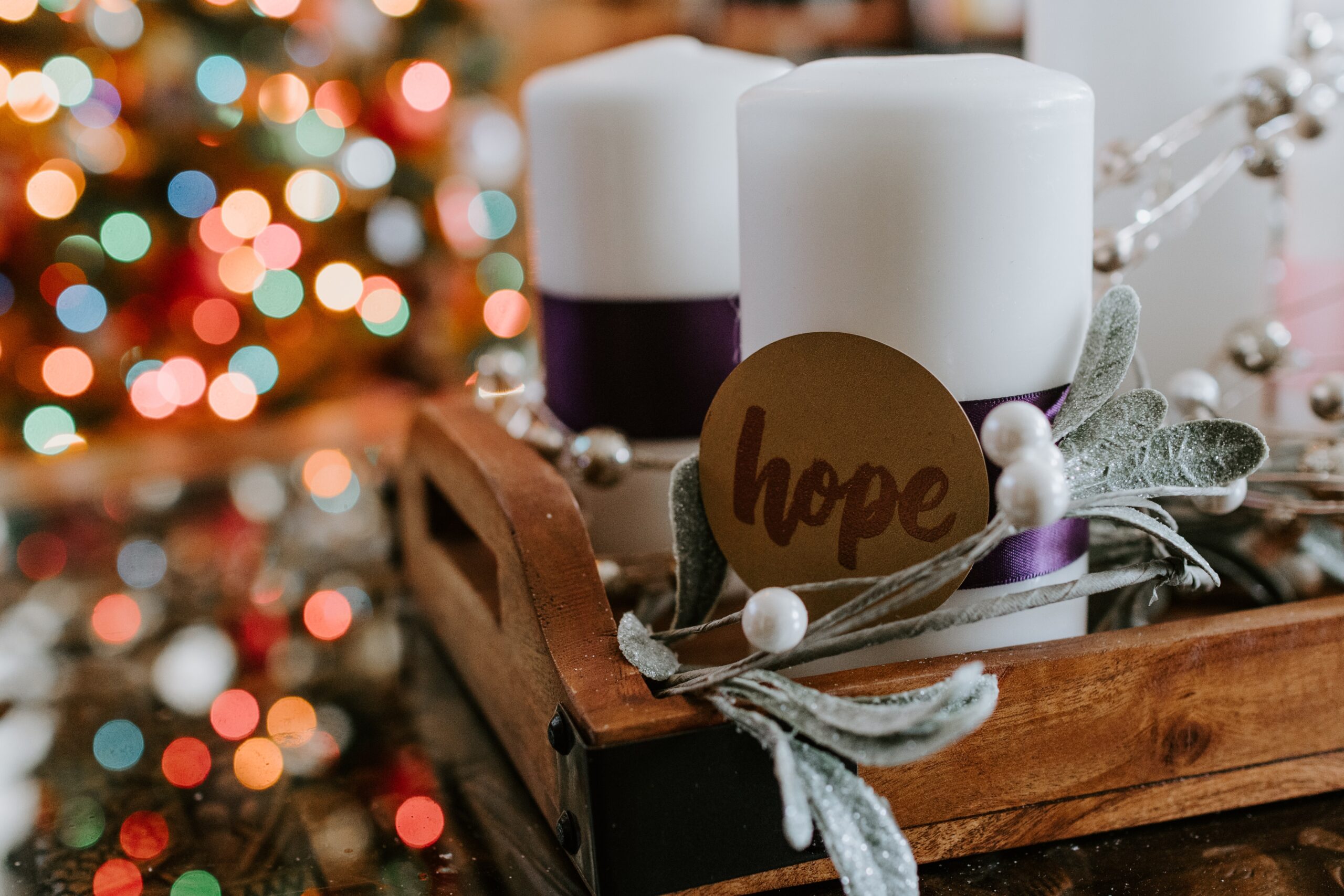Grief in this Holiday Season: Gospel Comfort for Every Loss
ELIZABETH TURNAGE | CONTRIBUTOR Grief is as old as the Fall. Ever since Adam and Eve chose to disobey God, eating of the one tree denied them, loss has plagued the cosmos. This loss leads to grief. As the holidays arrive this year, grief will be fresh for many, raw for some. In the Middle East, Ukraine, Turkey, the Southeastern United States, and many other places throughout the world, disaster has struck, and the holiday season threatens to swallow its victims in a sea of grief. This year, your neighbor or friend, your co-worker or cousin, or perhaps you yourself, weep deeply and often as you mourn the loss of a loved one, a job, a relationship, a home, or a pet. How can we help? How can we grieve with hope if we are the ones who have suffered loss? By understanding grief and by looking to Christ, our grief may lead to the hope of restoration this holiday season. We can grieve all sorts of losses. As Christians we sometimes feel guilty for grieving something like a lost home or pet, a lost job, or even a lost relationship. Somehow, we got the idea that grief should be reserved for death. Somehow, we got the idea that when we grieve a loved one who died, we should be “happy” because the person is in heaven. That’s simply not the way grief works, not in life, and not in Scripture. As we look at Scripture, we see reasons to grieve all sorts of losses. Surely, we may grieve death, because our Lord himself grieved the death of his dear friend Lazarus, despite knowing he would soon raise him from the dead (see John 11:1-44). Because God created the heavens and the earth and everything in it, and because he gave humans the responsibility of working the land and making it fruitful, it is natural to grieve the loss of land and work. Job, who lost everything — family, livestock, and land — to enemies and natural disasters (see Job 1:13-19), grieved deeply but was not rebuked for his grief. The Israelites wept for their homeland when they were in exile: “By the waters of Babylon, there we sat down and wept, when we remembered Zion” (Psalm 137:1). Because the Lord cares for all creatures great and small, it is also appropriate to grieve the loss of a pet who brought us a taste of the Lord’s delight. All of creation has the potential to show us the goodness of the Lord; for this reason, we may grieve the loss of any good gift from God. Grief really is worse during the holiday season...










